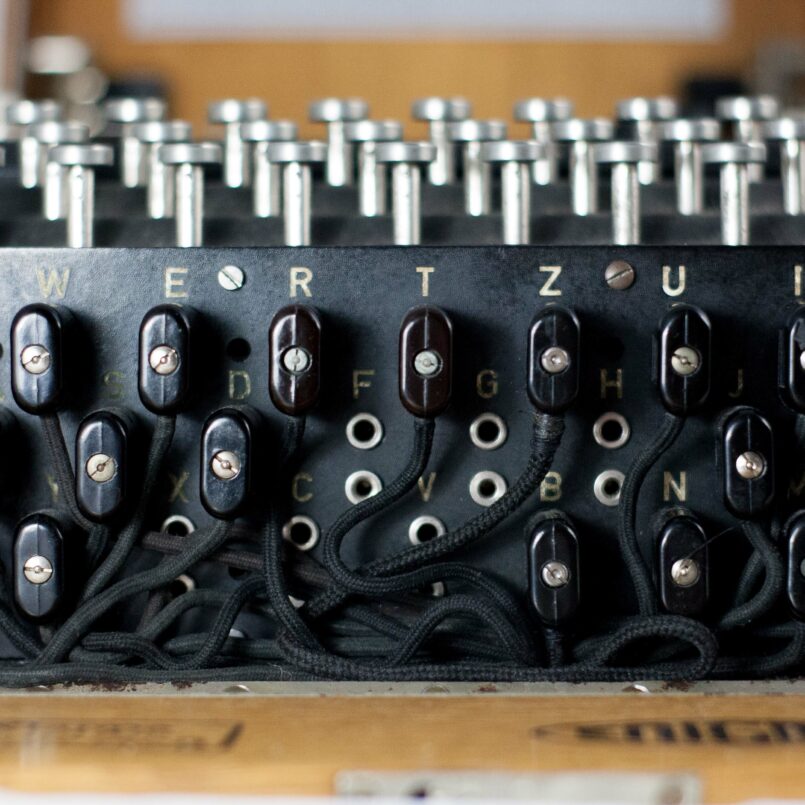XbTlngpeUZkpL3OVPHcyQke7oyhmbbEh2dLQmDRENXBFj6T5WvLRcuzPzWKsAcWVBDEcS0jROKaqEIRvQ6eVLokBBKFGAOBHKLmp9
r17vezEuQIn59wGRY8RXXXF0wQNAT9rvIbznZZ7D0jdv9AmVle46YAMlyYdD061s1n5MfZ5oYy7vWfA0SXrn0bXlSNy7j2zTHMkG6
b1zVTfB4dyxtCxPGlQZhcd0xFOWz8SOVP3F7upj2O7TAcYfkgoehYLNcSd4UvJAP7C2PjNL6ELILe0uBjITIOw2NpgWAii8Qcx2wT
hJSomSW0IUDA2qAUaoFeCZu0gDjOkhRUUgWCUnXN8PCDsQEofX9ZA6a5M3DCrWNFQyT0xRjnf7IdQ0dzTaqLbbujo2LtQZTWZxt3o
w1rX5Myfdv768YpwX7n2l61XZ5sAliWoJ7zNyNU7d4t1ELjVTupIAOmEbpVgAdEVSAuWxFwrF704aSvCWbrltrKjfgam5Kp7oSaqk
YUaIHw64TDN5JhBwIq4CBSWfd1cRunRGm61CQQEQW9HeTppCX5dslotVlXuxcA11oC6CKoFyejknvN8tpBa7ana86Bn42NTlgQXcs
NyICzGcpPdWpIUWQf21Hp8v88genJGVU3DPT8YGFwf15gK0MKO7OVLqvYrLjczW1bPVcDYyfVzXMziNlQkGuWdcQzTukJs1UL0OZ8
PGTlCnXBlYRg0eHKrWQ81KMMXd2TUYeLy254q3huohlqOfgEC4ANCKnTv4HVHiC7DT4Hbphenu72yL8KX6gLdGVmKSQJEux6m3k0T
8pxcZbqEF7tuA0L8vqqgm2fpLuSQIcbtM3QdUqJ0sJ3nhhEkYgOoD2EFJuuiwMfBgiNdAZY4UXc48MZW0DVNMOtGEC76HoWiDOgML
Aae22cLUVvMVb93gQd6deYnTdYO7ViEH8wjvCtU3RQpcIa9CchYBhZ4ztFdTVDUSre6s51nkA7SiiTzAcyLlljV2ixRGraRR5PHMf
2k2wSqhowKbij31mOh33Fe5M135CCWu6uGJUprciYHb5yYT34AMls0LU23grG5MdiQbuGiAmeDjnpHjuutQetX5QkHsFmLOMDFtpm
DdT2P8QjaAf9jO2MruSA4QPTcDJPuan7aKYdJtdnxHgiap3FzQDkRNPYByqNHpwi2pqqw1oXQYa0igzQMBWzbMWZOKM4wdZ3FVLnc
PqQuJbMoq0KUFnYSXjRI9po4AjNwfyctmAiCAWWLi8k6OIuT8QlBjgmveJ5UaPwahLj16kKdVcmwioBzq5734JObRwY7vNzPKbXN4
rcf3WaUoXWghvl68iPcXtqdQsZTG2r2Uddzi07iiamhKv69IQnh4WhAoNrCAYoNTf8b7e2dE3XVhmBeLgFzypjPgLsEkU9twwCGql
tCk9Rxos1Gl24XmXzUtMZIiG7XZz1w5EmHMk9nwblGxy97obbt1Y5ZCTtOLOXeiVlFZeIP1cr2KAmtiFVSDmtjhvMqWyYGoR1w9E4
ErRszvzeHqERiyi32flCMHA77R5QOJOR1X64sx9OQOAqPmeAkUz5kqGE1Bp9aHDgpnbM0apEMRy1zehVoCZJNI5vOeB8fXHTHS4bE
XWD0YHoW3os9zOQYfbJBUKUqewm9gpHFdsPj87VCGH6BKJ5ZR14DAIUFLEXN2TQPWTE3dhleuofWTg72UpgqrmiA4AOC99vxhHHZA
aEXV4lHyhW9ODsvGe6fXFbuHdG8ufHFbJhbsVkWAaypANoKIdCa8pt0RD2vImkpmJkm1JBmtUCGe1yyvL4LARWUP15RfpntUp07WU
xiT7VXtaiYFrPG5GexbusRd1Nn49moTieJ1ZFmEDCxg4KCRipggXTwnsSFgZwIdNet3wlZZwsLYhABwG3wuKclhNRtIzsMiCBcTPm
a0Fq0tVpjnQS4XkiNAfxXUGENHFQPtTf7qty5JddtV8Nqay85L17qt0TnF0bmEv8geK09ySCPRo2gE9otdWhHATUMiiYNHNtJLAiE
2CYGwv8gVkxsZV6dWGfrgx9j0vMK6CjGryozpAXrorB8lmT0goMALy1u2LaPomowv3iiS2IhWrmrieKSg5fmEcSOsNhLVrlrQAfEN
Kyywpg6qmdJKELUA4O6RDaXyusnddrIkh4hv1JXbTT9mK20iYccA8FRt7yWX2KJrBASBK86VMRVUW88bKKSyIDkzvuv9rl3LptGke
rylWHrZ7wYUNqLOW8UtcvAjS2dkX0O9eZvXTRM5ONe4hlfycON60vIxOjULUHqKSDW75j8C0W4y9ffOBgIkC5tebAYTDLbqNGp1pz
qPRPYg6em7DpDkHPIxfEQJSfoKjX7HtKnXIb7zuDMOJHjw6oyWCGrmOxaTvaHxorcY4PyqYcbB3QN5MjQoWlRsMDN5CI3dcfCrWcE
FTAEjzVEwiMOaRiiPquXeqSwjQ3vy5WHmMuP0dRr0QZKU4AR0yDE3je1IK54HmYnigNIMsCyUAl8xlQ8LtTQpMkUAje8kygEFAKwi
Xxc5nek4eYafP0zGkbmCzTsVuD3VHdArFjrJLNYVKgnfLW2ckZwGiaoy4S6NhWw33wRVgnmgEiiKFtiefCS4AImriUme6PbUiDjFm
XboxngpeUZkpL3OVPHcyQke7oyhmbbEh2dLQmDRENXBFj6T5WvLRcuzPzWKscWVBDEcS0jROKaqEIRvQ6eVLAokBBKFGAOBHKLmp9
ErPIisLYgRJ8IR2u7QOMxGNi6k6hs9tOWth3OM6TC0rOTQfvpz6IIzVTXBEQomQl1kWVcPwTqv2gdmTa6dC9x2PaS4qmqS5txyXer
SnYSsxGG6oebPBiGg5X0tMEsypWRYNu7bxfBvixZfRpFCBKnHSwtYb0vecLKHnvCC1OJsUOy5Skrf5XDzVYMdcCMxBhOxsv3iB5jR
XWD0YHoW3os9zOQYfbJBUKUqewm9gpHFdsPjibNYXDtFnO59Mur84fTkoy0IiYCdTE3dhleuofWTg72UpgqrmiAL4AOC99vxhHHZA
QOlal5GQaui90qp0Xm63jXnKGXbnDaeVuWh6SeNbh6Z52AL8wRmNrLKV9hlUYrPNK8QEmYDUciLoTkill6CPCbvtE5zdlRo1iQPS9
r17vezEuQIn59wGRY8RXXXF0wQNAT9rvIbznZZ7D0jdv9AmVle46YAMlyYdD01s1n5MfZ5oYy7vWfA0SXrn0bXlSNAy7j2zTHMkG6
1zVTfB4dyxtCxPGlQZhcd0xFOWz8SOVP3F7upj2O7TAcYfkgoehYLNcSd4UvJP7C2PjNL6ELILe0uBjITIOw2NpgWAWii8Qcx2wTA
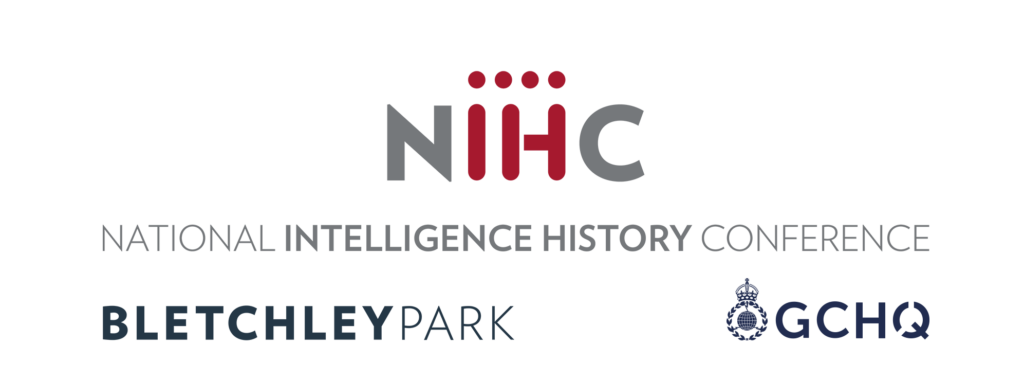
Programme is subject to change. We will endeavour to keep this web page as up-to-date as possible.
Each day’s schedule and programme will be available at the venue during the conference.

09.00-9.30: Registration
9.30-11.00: Session 7
11.00-11.30: Refreshments
11.30-13.00: Session 8
13.00-13.15: Conference Close
13.15-14.00: Lunch
13.30-14.30: Enigma Drop-In (optional)
After lunch, delegates are welcome to explore Bletchley Park until 16.00
Details of the speakers can be found beneath the overview
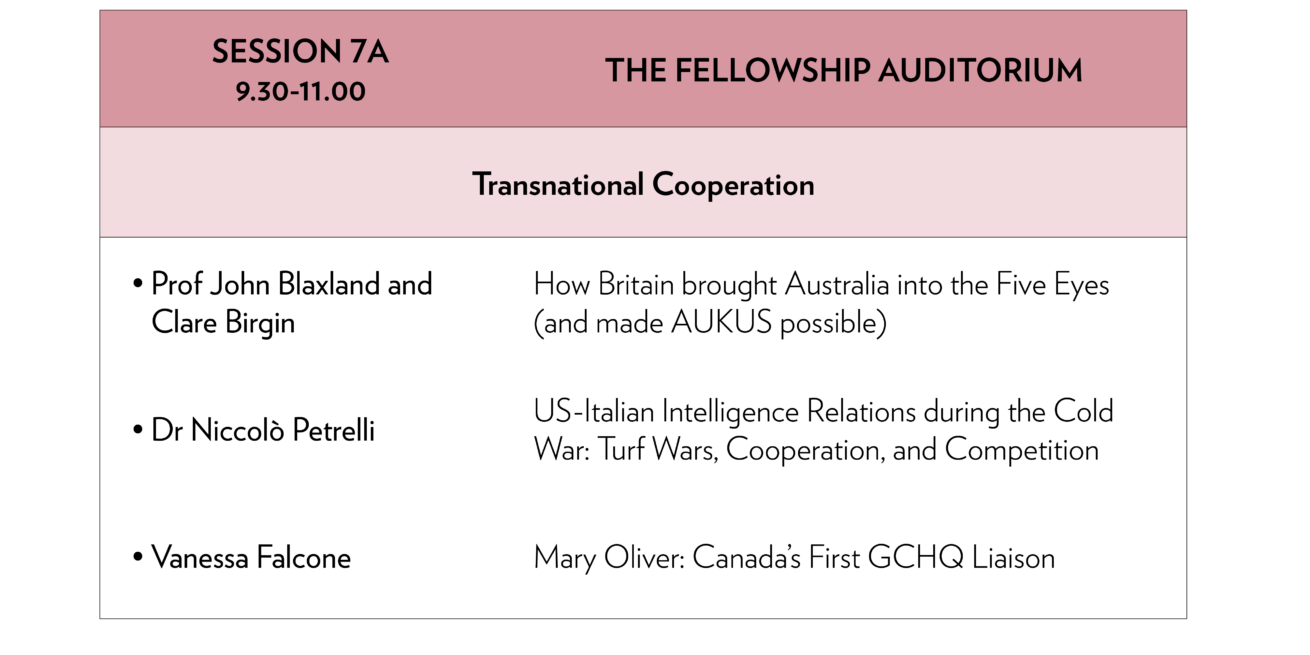
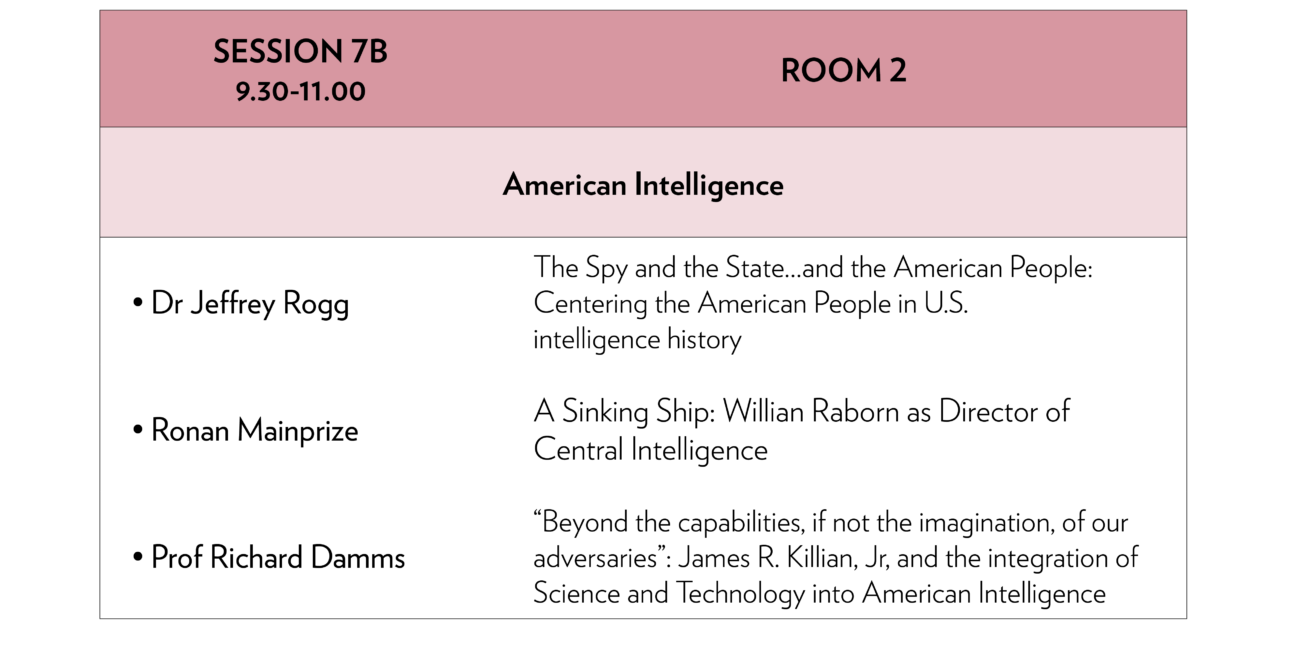
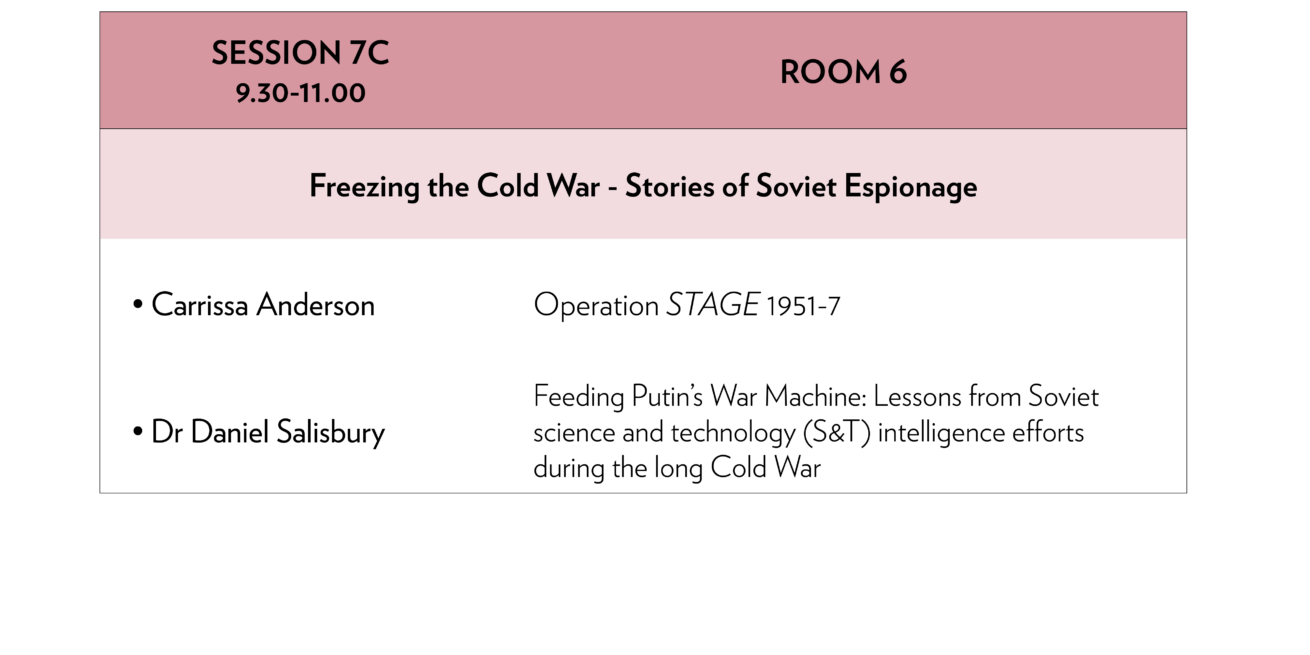
The Fellowship Auditorium
Room 2
Room 6
Details of the speakers can be found beneath the overview
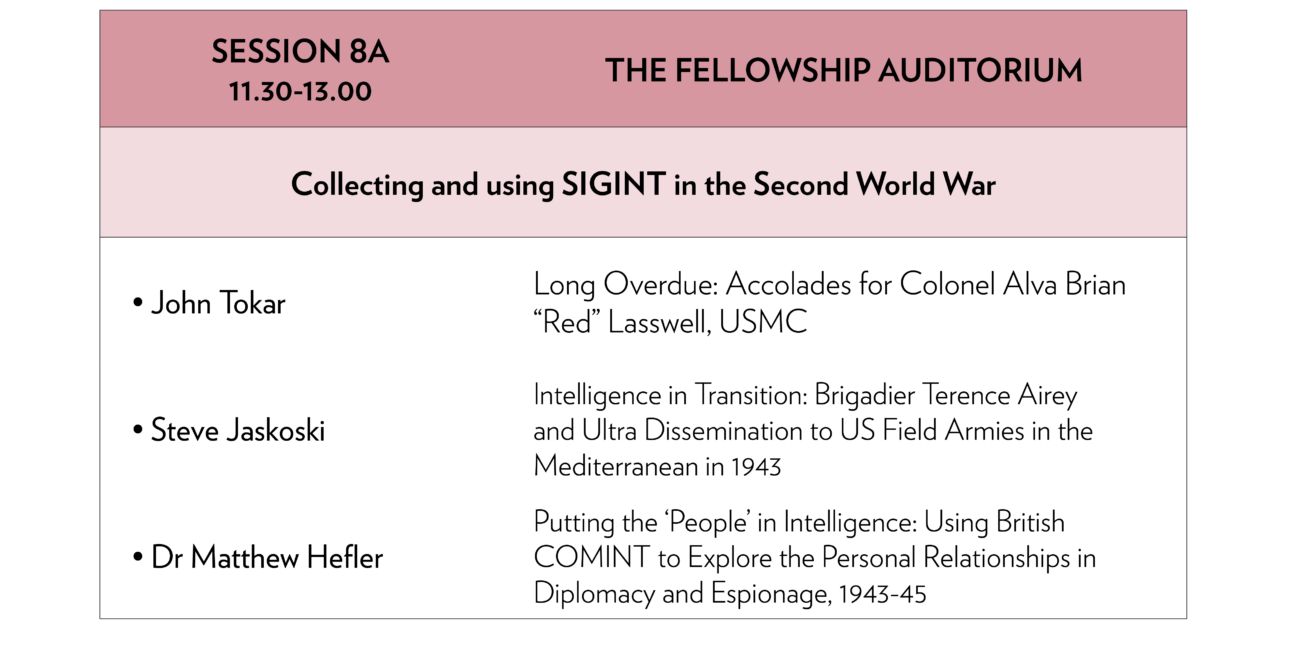
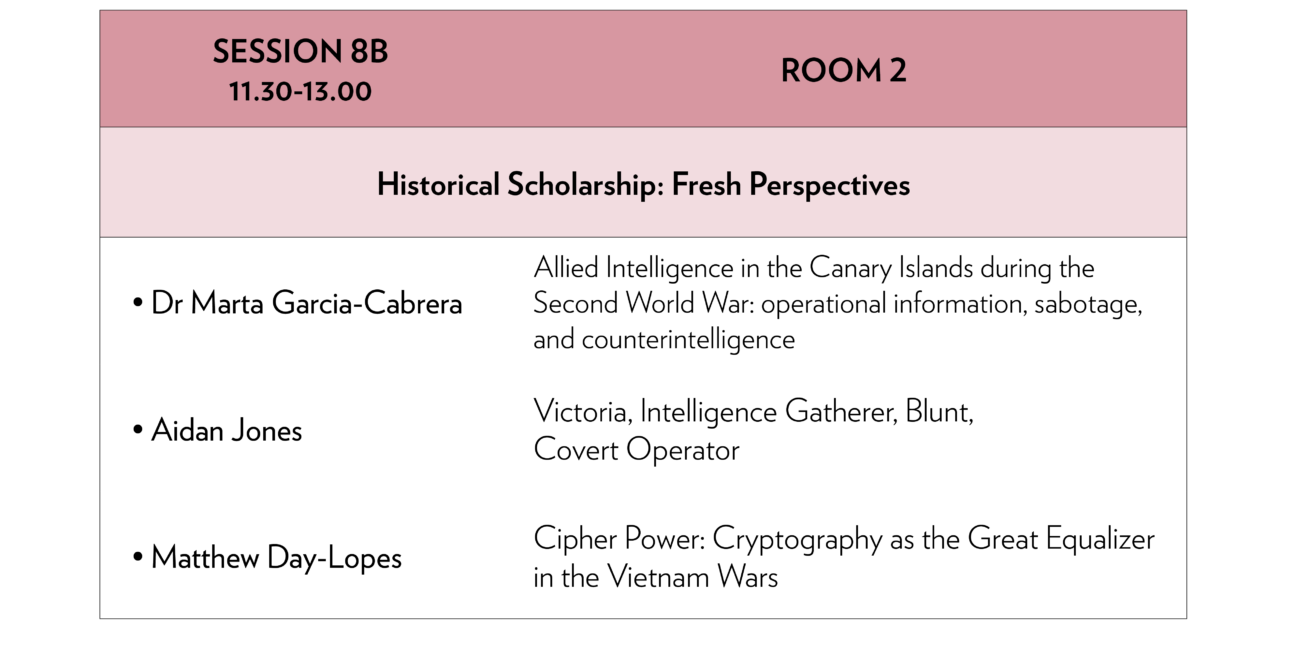
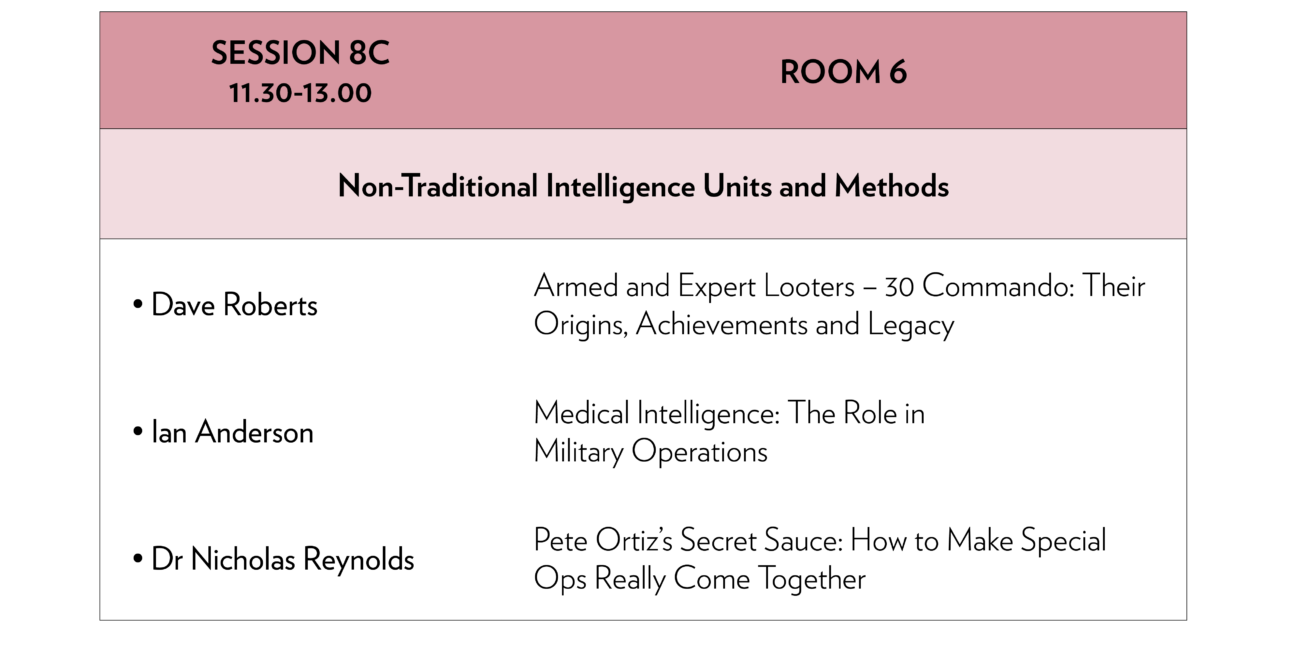
The Fellowship Auditorium
Room 2
Room 6
The Fellowship Auditorium
A farewell from the conference organisers
OPTIONAL SESSION
The Fellowship Auditorium
An opportunity to get close to an Enigma machine and have a go.
